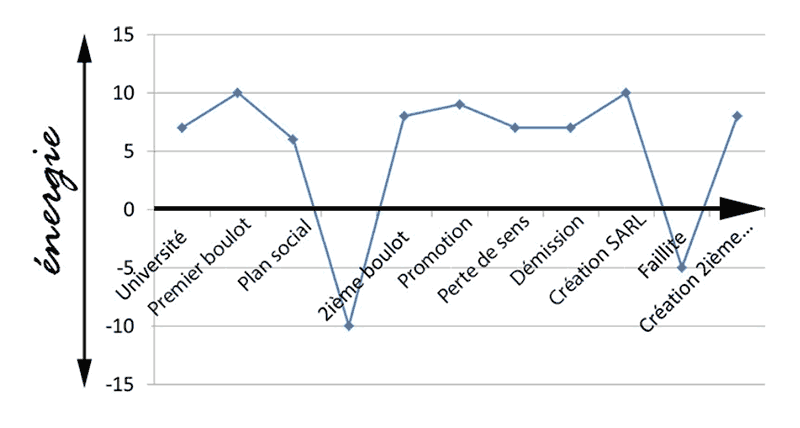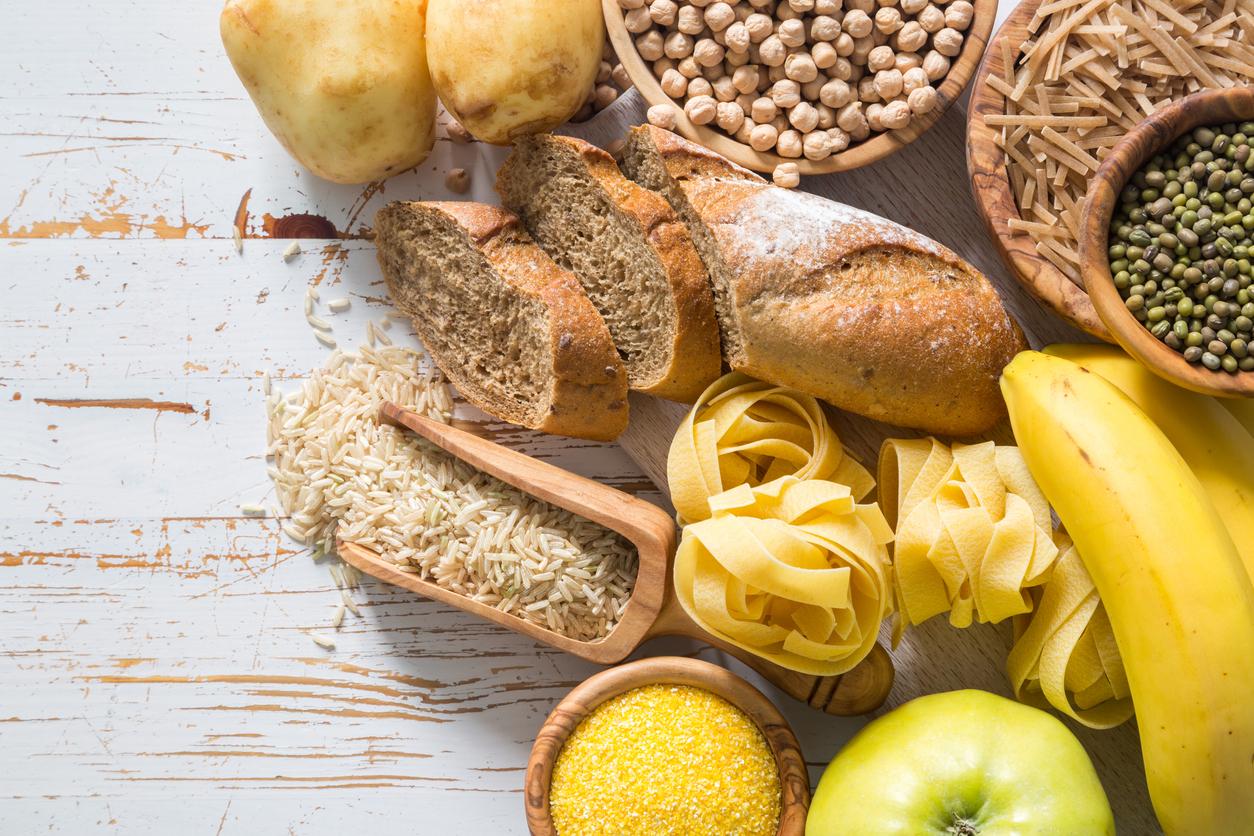According to a study of “60 Million consumers”, these products are often ineffective or even dangerous.

Food supplements have become essential in the pharmacies of many French people. According to data of the National Health Security Agency (ANSES), 29% of 18-79 year olds consumed this type of product between 2014 and 2015. Some allow better digestion, others to fight against insomnia or to supplement us with vitamins. The magazine 60 million consumers analyzed 120 food supplements. The results were revealed on Thursday, October 10.
Harmful additives
The products studied were classified into 6 categories: fatigue, loss of tone, insomnia, stress, colds and respiratory virus. According to the magazine, their effectiveness is rarely scientifically proven. Many of them contain additives that can be harmful to health. For example, the red dye pace has been found in some of these products, yet it promotes hyperactivity in children. Others contain titanium dioxide, but their composition should change because the compound will be banned in food from January 2020.
Food supplements based on plants or algae can also contain harmful products: algae and microalgae sometimes contain heavy metals.
Overdoses
The 60 Million consumers team has also observed overdoses, such as for vitamin C. If these substances are present in too large a quantity, elimination can damage the organs, including the kidneys or the liver. Vitamins B6 or B12 can degrade the nervous system when consumed in excessive amounts and for too long periods.
For people undergoing treatment, it is essential to consult a doctor or pharmacist before consuming food supplements. For example, grapefruit can negate the effect of drugs. In 2017, the Francophone Association of Ontological Support Care (AFSOS) already warned health professionals. It published an explanatory guide to the different interactions of plants with drugs and/or treatments.
.
















